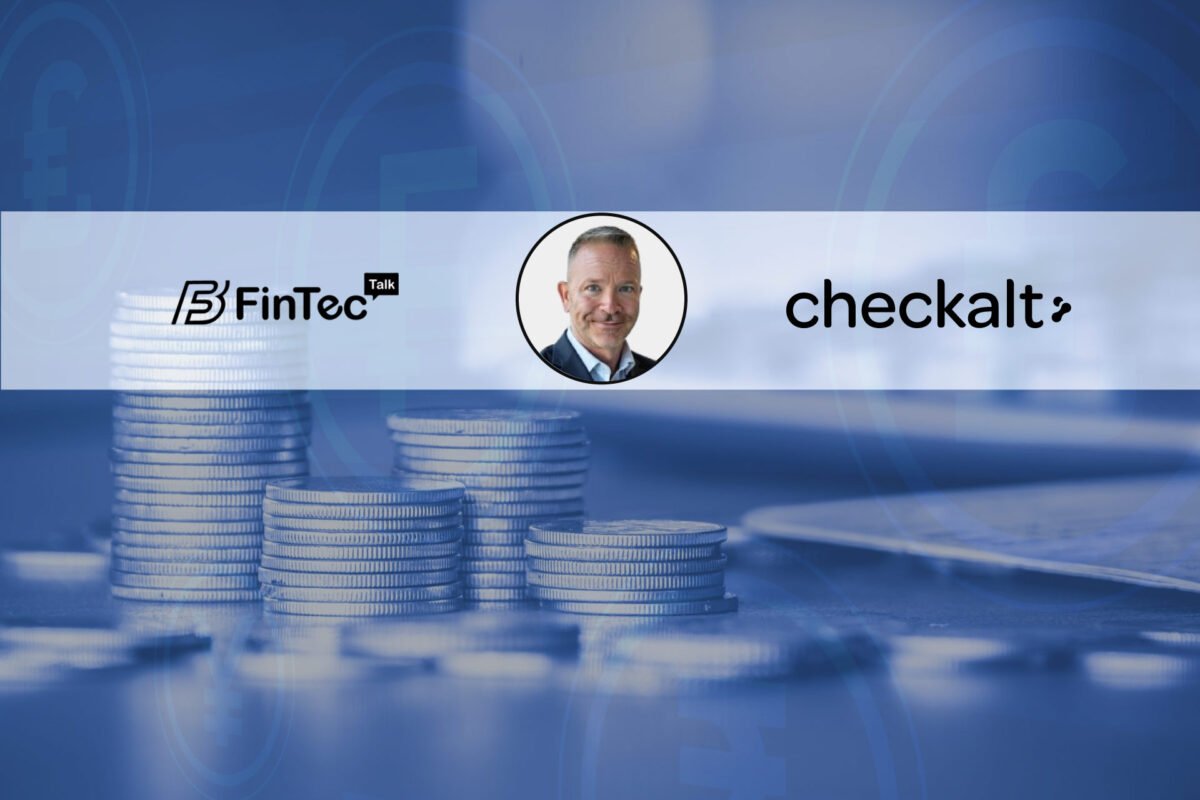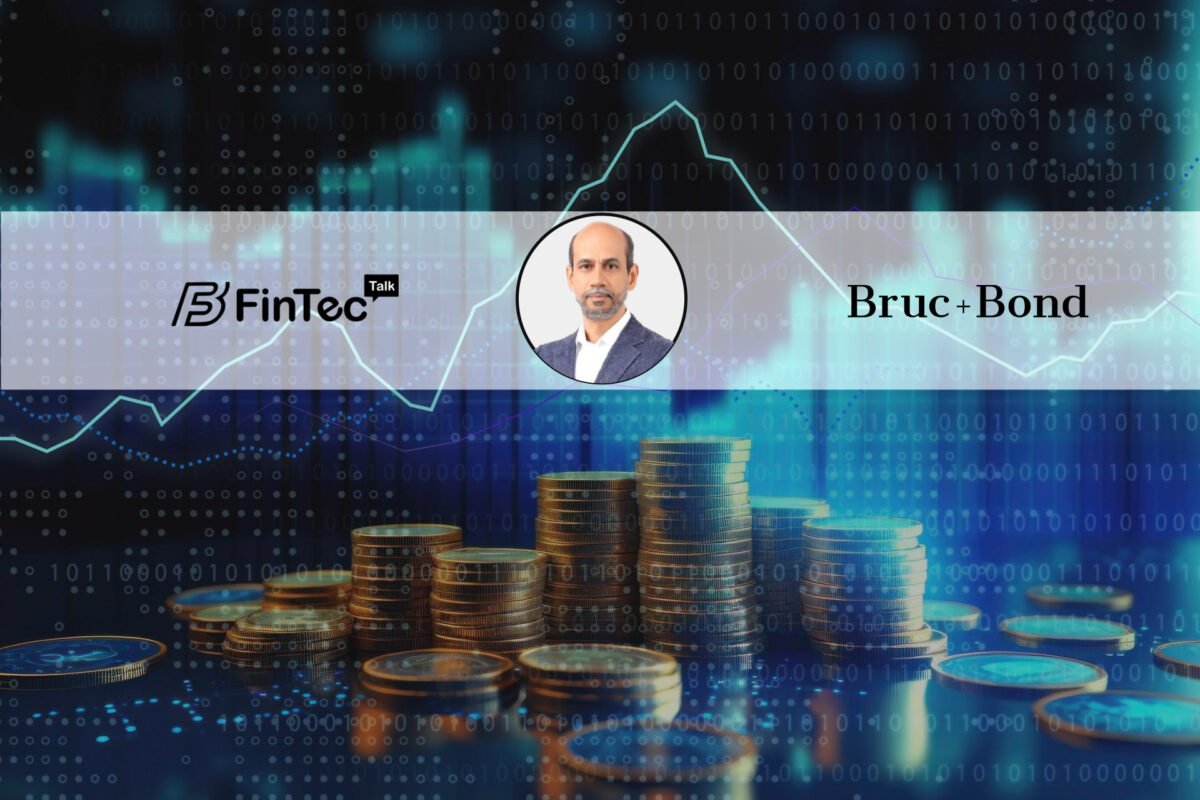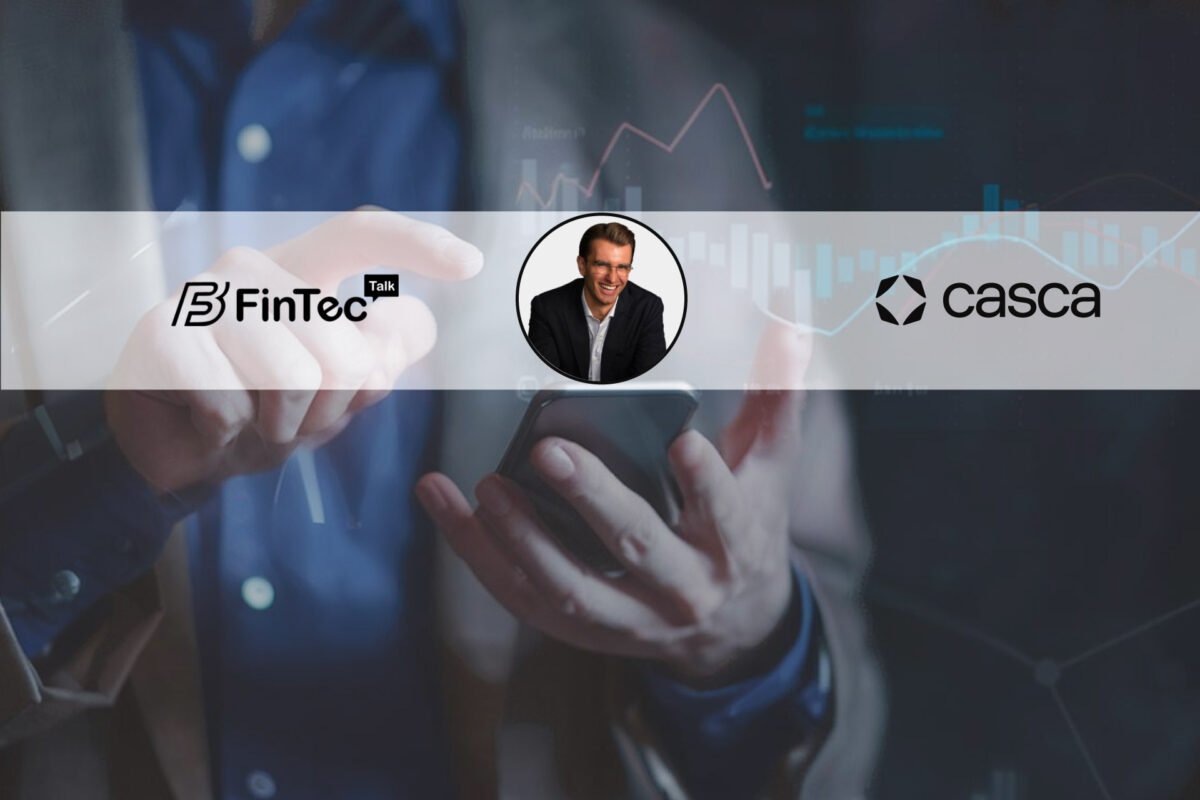The use of AI in finance has automated processes. This interview with Stephen Mathai-Davis focuses on AI reshaping the finance world. He focuses on investing apps helping to make rational decisions.
1.Tell us about your role in Q.ai?
Stephen Mathai-Davis, CFA, CQF is the cofounder and CEO of Q.ai, a Forbes-backed FinTech startup that recently launched the world’s first AI-powered robo-advisor that brings institutional-grade investing strategies to individual investors.
As CEO, Stephen sets the strategic vision and major goals for the company while working closely with both product and customer development. In addition to his capacity as CEO, Stephen is also the Chief Investment Officer of Q.ai, working very closely with the quant engineers behind the firm’s investing tech.
Both a fintech leader and influential data scientist, Stephen was recognized as a 2020 Listmaker of the Year by Benzinga and was a finalist for Rising Star of the Year at the 2021 US FinTech Awards. He is also frequently quoted by Forbes, Fox Business, Business Insider, Nasdaq, Benzinga, Entrepreneur, Fortune, Cheddar TV and CNBC.
2. Can you tell us about your journey into this market?
After graduating from Johns Hopkins, I accepted a position as a trader for a leading investment bank. A year or so later, I was recruited off the trading desk to become the head trader at a start-up hedge fund founded by a well-known former investment banker and portfolio manager. I remained in that role for almost two years before leaving to pursue a professional kickboxing and martial arts career.
After a few years, I decided to return to institutional investment management and joined a leading asset-management company, where I was a research analyst and portfolio manager. As a research analyst, I had the chance to rotate through a bunch of sectors and ended up specializing in consumer and consumer tech companies. I then moved on to Co-found a hedge fund with a focus on macro emerging markets. All those years and experiences equipped me to offer the next generation of robo-investing through Q.ai.
Q.ai was previously known as Quantamize, an award-winning AI quant research platform that was called the retail alternative to the Bloomberg Terminal… Our mission has always been to empower everyday people to invest like the pros. We knew we could help individual investors make better-informed decisions for their portfolios through advanced quantitative techniques and artificial intelligence, so we set out to level the playing field for them by providing a mobile-first quantitative investing app that democratizes investing by bringing top-performing strategies to the public that are typically reserved for the Wall Street elite.
3. How do you think technology is developing the Finance Sector?
Technology is revolutionizing the way financial services are delivered to end-user customers. The structural transformation taking over the industry has transformed finance from being a traditional Brick & Mortar business to one that is now nearly 100% digital. I think it is crazy that I was able to refinance my mortgage using a digital app and close within 30 days! A few years ago, something like that would have been a pipe dream.
4. How has the introduction of AI redefined the financial industry?
The use of AI in finance has really accelerated the use of predictive analytics to make decisions. Most of the decision-making processes in Finance are based on probabilities. If you can improve the probabilities for decision-making through predictive analytics, you naturally increase the probabilities for successful outcomes, whatever those might be. AI is helping accelerate this process which will lead to more positive outcomes for individuals. That is a very good thing!
5. Why AI is reshaping the financial world and how AI robo-investing will be the foundational future for investing apps and others alike?
AI will make it easier to deliver better investment and consumer outcomes for the individuals using FinTech apps — whether it be investing or other traditional financial services.
AI is an advanced form of predictive analytics while the commercial success of FinTech Apps is predicated on their ability to scale without massive investment. The two concepts naturally converge — for FinTech Apps to scale rapidly, they will become more dependent on predictive analytics to drive product feature engagements.
6. The reasoning behind why hedge funds don’t even offer this to their millionaire and billionaire clientele?
The truth is that most of the hedge fund managers don’t have the expertise to use AI and other forms of advanced predictive analytics to drive investment decisions for their clients. The application of AI heuristics to the investment decision making process is a new and burgeoning field. Only a select group of elite investors are able to use these types of models.
7. Why AI Robo-investing apps allow you to effortlessly gain successful exposure to stocks, bonds, emerging markets like cryptocurrencies, forex, oil, gold, VIX, and more?
Look, you can get access to these asset classes from many different types of investment platforms. However, most will require you to make the investment decision, set allocations, etc. AI robo-investing apps let you have an enjoyable and hands-free investing experience, and you can choose your theme (and/or asset class) and then let an algorithm do all the work.
8. What the future economy and stock market will look like with impending variants ?
The future economy will definitely be digital. It is crazy to think that the digital economy only represents 10% of GDP in the US. Imagine what our lives would be like if it were 25% of GDP? That is a real possibility over the next 10 years as innovation drives greater change. In terms of the stock market, in my opinion, it will lead to a greater allocation (or share) of valuation towards tech and consumer tech companies. Of course, by then, if the FinTech revolution continues its current trajectory, the stock market will be more democratized with a greater share of ownership by individuals. We can only dare to dream!
9. What advice would you like to give to the Startups?
Never give up. Perseverance is the “game.” But also remember not to be stubborn and let the data guide you.
You might have a great idea, but if there is no market for it, don’t be afraid to pivot or make changes. At Q.ai, I like to remind everyone that there are no sacred cows; don’t get married to an idea.
10. Which Startup technology has grabbed your attention?
The NFT boom has definitely caught my attention. The application of NFTs stretches well beyond just art and other social assets. I see it as a way to truly democratize access to capital, as well as to give the average person opportunities to invest in differentiated alternative assets. This revolution has just started, and I am very excited about the potential here.
11. How do you prepare for a Technology-centric world?
Re-read Minority Report and iRobot? No, seriously, I am not sure you can truly ever prepare for radical technological innovation. However, you can be open to all possibilities and the idea that maybe technology will totally change the way you do something. I never thought I would be driving a massive computer, but now I drive a Tesla. Five years ago, I would have said, “No way!” and now I am a total convert. Things change, and you have to be willing to change with them.
12. What are the major developments you are planning, in recent times?
Besides launching the first purely AI-powered investment platform? I am fascinated by Blockchain and the ability to use digital ledgers to further simplify the end-user consumer experience in financial services.
13. Which Book are you reading these days?
I am currently reading Super Founders by Ali Tamaseb and Noise by Daniel Khaneman. Both are really fascinating books. In the case of Super Founders, given my interest in startups and venture investing, it has been really interesting to learn about the factors driving the success of certain entrepreneurs and startups as well as challenging my own preconceived biases. Meanwhile, Noise is all about understanding how we process and understand data while coming to conclusions about the meaning of data. Obviously, because of what I do professionally, I was naturally drawn to the basic thesis of the book.
14. We have heard that you have a very joyful work culture, we won’t mind having a look at some of the pictures?
Unfortunately, we don’t have any as a team at this time. Since launching we’ve been fully remote and have not had a chance to meet face-to-face. Hopefully, we’ll have a chance to reschedule our much anticipated company offsite in 2022. 🙂
15. Can you give us a glance of the applications you use on your phone?





